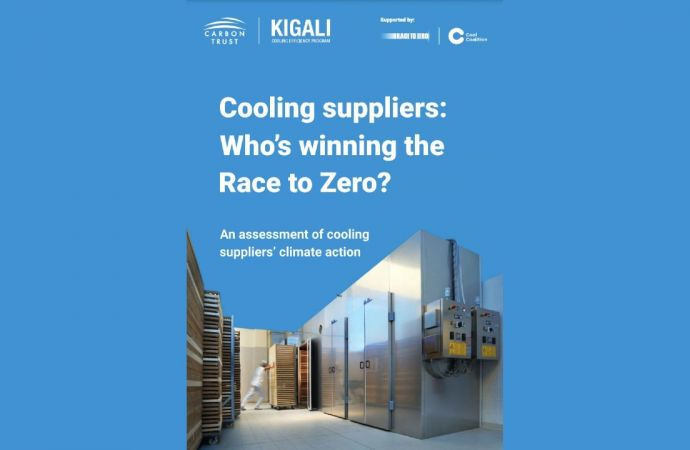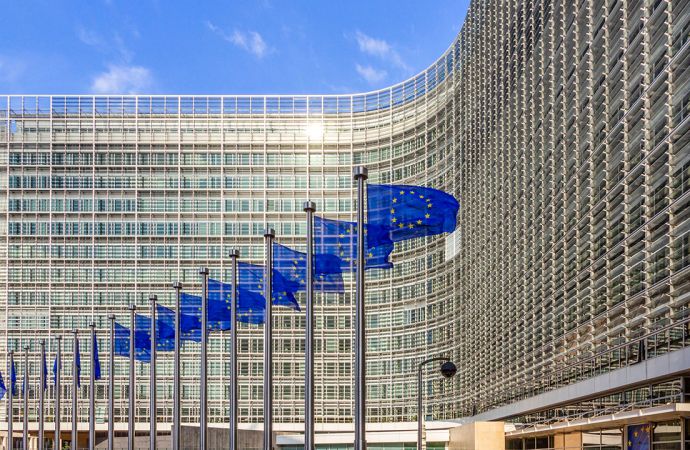The Montreal Protocol meeting held on 20-24 July in Paris failed to bring a much-needed breath of fresh air into discussions on HFCs as Parties did not succeed in initiating a formal negotiations process on ways to manage of HFCs. Nevertheless progress has been made in this direction and further intersessional meetings will be held prior to the November Meeting of the Parties in Dubai.

With four amendment proposals to phase down HFCs under the Montreal Protocol on the table and following a number of informal meetings in the last couple of years on management of HFCs, including an intersessional meeting held in June, hopes were high before the 36th Open-Ended Working Group (OEWG) meeting of the Parties to the Montreal Protocol that discussions on HFCs will move to a formal setting. Despite perseverant efforts by proponents of HFC amendments, a growing number of supporters and compromises made, countries were not able to finalise their agreement on a mandate for a contact group that will formally negotiate issues related to ways of dealing with HFCs under the Montreal Protocol.
Gulf countries suggest a compromise, Pakistan blocks discussions
Gulf countries, especially Saudi Arabia and Kuwait, as well as Pakistan have been some of the very few actively opposing countries blocking discussions on a potential HFC phase down during the previous meetings. The Gulf countries, however, put forward a compromise, whereby they would agree to a formal contact group, provided issues related to HFC management are discussed before a formal negotiations process on the proposed amendments to the Protocol starts. Pakistan did not support this and remained as the only vocal opponent, preventing the process to move forward.
Constructive discussion on amendment proposal
For the first time since a first amendment proposal was tabled seven years ago, countries held a constructive debate on various elements of four amendment proposals to phase down HFCs submitted for this meeting by a total of 40 countries. Besides proposals submitted by the North American countries and the EU, a number of small island countries joined forces with the Federated States of Micronesia, while India put forward what they believe could be feasible.
The four proposals include distinct elements, and proponents were questioned for four days about the rationale for setting different baselines, reduction schedules, grace period as well as the level of ambition for both developed and developing countries. Such a debate is an important step in the right direction; nevertheless a real breakthrough in setting the formal discussion is required to make genuine progress.
Intersessional discussions before November Meeting of the Parties
A large number of Parties felt disappointed due to the slow progress during the meeting. In order to move forward before the Meeting of the Parties that will be held in Dubai in November, it was requested that an intersessional meeting is held prior in order to hopefully finalise the agreement on a mandate for a contact group and ensure that formal negotiations are underway in November.
The Dubai meeting precedes the Paris Conference of the Parties to the United Nations Framework Convention on Climate Change (UNFCCC) and successful negotiations could help achieve better results in the discussions on a global climate treaty.
Gulf countries suggest a compromise, Pakistan blocks discussions
Gulf countries, especially Saudi Arabia and Kuwait, as well as Pakistan have been some of the very few actively opposing countries blocking discussions on a potential HFC phase down during the previous meetings. The Gulf countries, however, put forward a compromise, whereby they would agree to a formal contact group, provided issues related to HFC management are discussed before a formal negotiations process on the proposed amendments to the Protocol starts. Pakistan did not support this and remained as the only vocal opponent, preventing the process to move forward.
Constructive discussion on amendment proposal
For the first time since a first amendment proposal was tabled seven years ago, countries held a constructive debate on various elements of four amendment proposals to phase down HFCs submitted for this meeting by a total of 40 countries. Besides proposals submitted by the North American countries and the EU, a number of small island countries joined forces with the Federated States of Micronesia, while India put forward what they believe could be feasible.
The four proposals include distinct elements, and proponents were questioned for four days about the rationale for setting different baselines, reduction schedules, grace period as well as the level of ambition for both developed and developing countries. Such a debate is an important step in the right direction; nevertheless a real breakthrough in setting the formal discussion is required to make genuine progress.
Intersessional discussions before November Meeting of the Parties
A large number of Parties felt disappointed due to the slow progress during the meeting. In order to move forward before the Meeting of the Parties that will be held in Dubai in November, it was requested that an intersessional meeting is held prior in order to hopefully finalise the agreement on a mandate for a contact group and ensure that formal negotiations are underway in November.
The Dubai meeting precedes the Paris Conference of the Parties to the United Nations Framework Convention on Climate Change (UNFCCC) and successful negotiations could help achieve better results in the discussions on a global climate treaty.
MORE INFORMATION
Related stories



